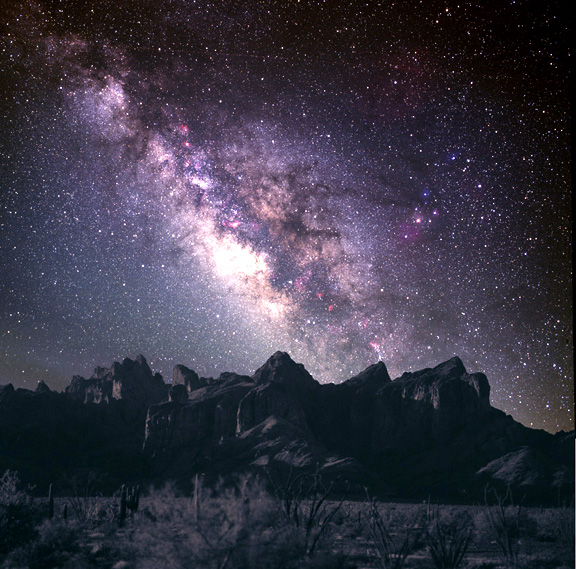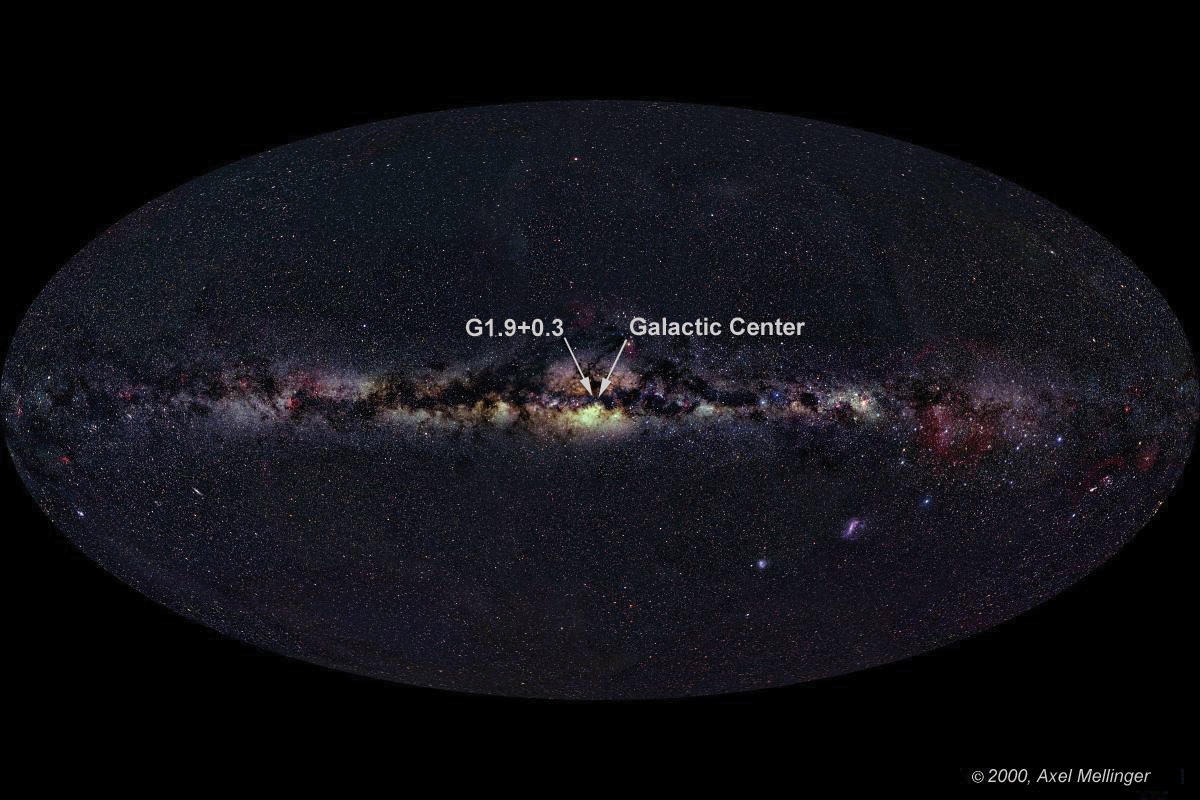 |
Are We the Center of the Universe? |
 |
Are We the Center of the Universe? |
We know all about the Greeks who developed intricate models of the Solar System (Universe) (e.g., Ptolemy) based on their ideas of the physical laws which governed motion (Aristotle). The Greeks developed Earth-centered models for the Solar System, i.e., geo-centric models.
These notions were not put to rest until the 1600s when a string of workers (Copernicus, Galileo, Kepler, Brahe, and Newton) finally showed that the Sun was the center of the Solar System, i.e., helio-centric models. The change took many years, however, because of scientific reasons:

The shift depends upon the distance to the star; the closer is the star the larger the shift. It turns out stars are so distant that this apparent shifting is tiny. The closest star (outside of the Sun), Proxima Centauri moves around 1 arc second over a year (1 arc second is 1/3600-th of 1 degree!). Such slight shifts are not visible with the naked. eye. It was not until the 1800s when Friedrich Bessel (1838) measured the first distance to a star, 61 Cygni, using parallax!
Tycho Brahe to develop a database which was accurate enough to differentiate between competing models → to Johannes Kepler to develop an accurate model for planetary motions, and → to Isaac Newton to develop a physical theory which explained the laws of Kepler.
As if we hadn't learned our lesson, there was also a debate in the early part of the 1900s concerning the location of the Sun in the Milky Way galaxy. We know that the Milky Way galaxy is a disk-type galaxy known as a spiral galaxy (e.g., see M100, M51). composed of ~ 200 billion stars and that the Sun is roughly 1/2 of the way out in the disk in a spiral arm. But, how do we know such things (about the shape of our galaxy and our position in the galaxy)?
 |
This is not really an easy question to answer. To the left is shown what the Milky Way looks like to an observer on the Earth. To the right is a composite picture of the Milky Way for an earthbound observer. Given these sorts of views, how did we deduce our location in the Galaxy? |

|
Well this issue comes up again concerning the expansion of the Universe. However, since we learned our lesson, the notion that we were at the center of the Universe was never seriously considered. But let us consider why this could be an issue and why we rule it out.
The upshot of several thousand years of work is that we are not in a preferred position in the Universe. We are in orbit around an averagish sort of star, which moves around in an averagish spiral galaxy which moves around in a small cluster of galaxies which moves around in an averagish cluster of clusters of galaxies and so on. Apparently, we are just a rather pedestrian member of the vast enterprise known as the Universe.